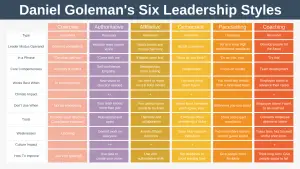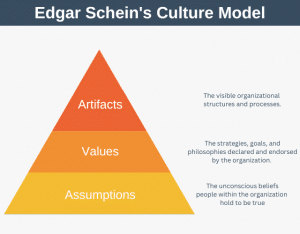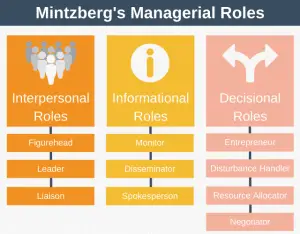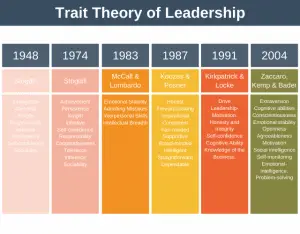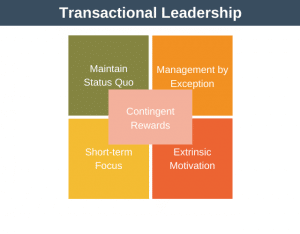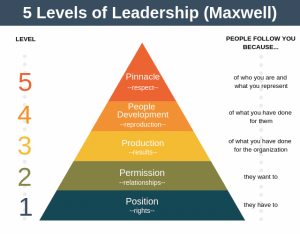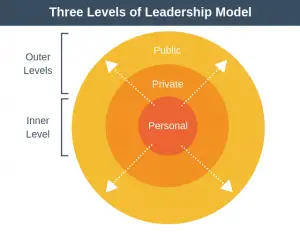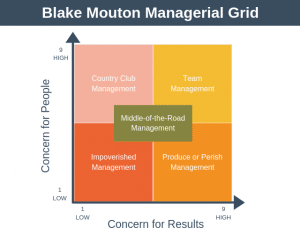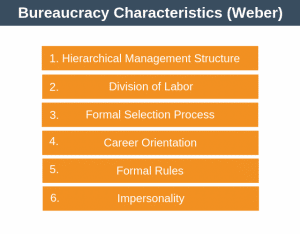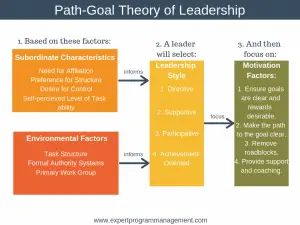Power in the workplace can take many different forms. It can even exist outside of the formal hierarchy of an organization. One particular type of power is called Reward Power.
Reward Power is one of The 5 Types of Power identified by psychologists John R. P. French and Bertram Raven in 1959.
Reward power is defined as the use of rewards to get an employee to follow an instruction or order, with power coming from one’s ability to withhold the reward for noncompliance. This power is in use, for example, when an employee is promised a day off in lieu of working a weekend to meet a tight deadline.
As you can see from the above definition, reward power is a formal type of power, and not a personal power. Where does reward power come from? Unlike personal power, reward power comes from one’s formal authority to issue rewards. Examples of rewards include:
- Bonus
- Pay rise
- Extra time off
- Company car
- Gifts
- Increased responsibility
- Recognition
- Praise
- A discount on the company’s products or services
Tangible and Intangible Rewards
There are two types of rewards – tangible and intangible. Tangible rewards include such things as bonuses and pay rises, whereas intangible rewards include such things as praise and increased responsibility.
There are a couple of disadvantages to tangible rewards. First, even though a manager is in a position of authority over their subordinates, they may not have the authority to issue tangible rewards such as a gift, for example. Second, even if you do have the authority to issue tangible rewards, it is possible to run out of rewards, for example, there is only so many times you can use a promotion as a reward for one person.
Because of this, it is advantageous to use intangible rewards frequently, saving tangible rewards for really big successes or only issuing them annually.
Intangible Reward Example
Giving someone praise in front of their peers for doing something right, can be a strong motivator for them to continue to perform. It can also encourage the rest of the team to perform, as they also want to receive the same praise. Obviously, intangible rewards have the added benefit that they don’t cost anything to the organization.

Each of the 5 types of power have their own advantages and disadvantages and can be useful under different circumstances.
Reward Power Advantages
The advantages of reward power are:
- The anticipation of a reward can encourage employees to work hard to achieve the reward.
- The use of rewards can promote loyalty to the organization, for example, a worker who receives regular praise for doing things right will have an increased sense of loyalty compared to a worker who receives no praise.
- If the reward available can only be given to a subset of employees then this can create healthy competition amongst employees to achieve the reward.
- Some rewards can help improve retention, for example, a stock options can make it financially rewarding to stay at an organization. This can apply even if an employee could earn slightly more at another organization.
- If a reward has been promised to an entire team if they hit an objective, then this can create a strong bond within the team as everyone strives to achieve a common goal.
Reward Power Disadvantages
Some of the pitfalls of reward power include:
- Giving out the same reward over and over again can cause some rewards to lose their power, for example, if you were to give out the same gift every time for a job well done it would eventually become demotivating.
- Tangible rewards cost an organization money.
- It is possible to run out of tangible rewards, and as we saw previously, an employee’s manager may not have the authority to issue the employee with a tangible reward.
- If a reward is given based on performance, other employees who didn’t receive the reward may feel less motivated.
- Giving a reward to an employee, particularly if done regularly, can cause them to expect similar rewards in the future. This reduces the power of the reward as employees begin to see it as simply part of their regular compensation.
Summary
Reward power is defined by the use of a reward to get a subordinate to follow an instruction, with power coming from the manager’s ability to withhold the reward for noncompliance. This makes reward power a formal type of power.
The reward offered can be either tangible, such as a prize, or intangible, such as public praise. Whilst there are many advantages to using rewards, such as increased employee loyalty, it is important to ensure that you don’t inadvertently demotivate staff or run out of rewards to give.
